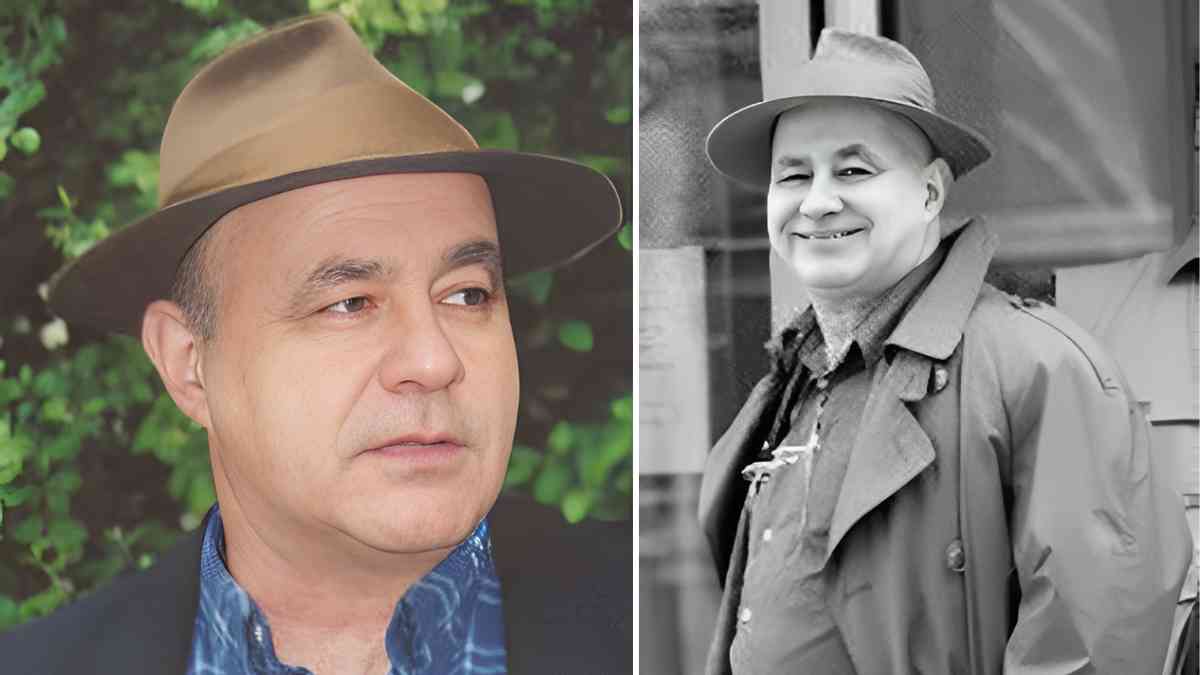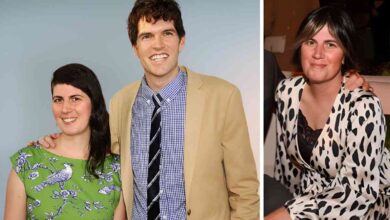Makow Henry: The Controversial Voice Behind Conspiracy Theories and Cultural Critique

Makow Henry is a name that has sparked both intrigue and outrage in equal measure. Known for his early success as a child prodigy in journalism and later for his role as the creator of the popular board game Scruples, Henry Makow took a sharp turn into controversial territory in the later stages of his career. With his pointed critiques of feminism, globalism, and social engineering, he has become a polarizing figure. To some, he’s a whistleblower exposing hidden truths. To others, he’s a conspiracy theorist perpetuating dangerous ideas. But who really is Makow Henry? This article takes an in-depth look at his life, ideas, and the impact he’s had on the cultural and ideological landscape.
Early Life and Intellectual Foundations
Born on November 12, 1949, in Zürich, Switzerland, Makow Henry immigrated with his Jewish family to Ottawa, Canada, during his early childhood. Remarkably articulate from a young age, he began writing an advice column for the Ottawa Journal at just 11 years old. The column, titled “Ask Henry,” was widely syndicated and focused on parenting advice from a child’s perspective. This unusual but captivating voice caught national attention and was eventually compiled into a book.
The young columnist didn’t stop there. His precocious intellect led him to pursue higher education, earning a Ph.D. in English Literature from the University of Toronto. His literary foundation would later serve as a base for his expansive and often controversial written works.
The Invention of Scruples
Makow Henry’s name entered popular culture more broadly in the 1980s with the invention of Scruples, a moral dilemma board game that quickly became a household name. The game presents players with challenging ethical situations and prompts them to make decisions based on personal values. It was a hit, selling millions of copies worldwide. The success of Scruples brought financial stability and a degree of fame, but it was only a precursor to the more controversial phase of his life.
The Shift Toward Conspiracy and Commentary
Around the early 2000s, Makow Henry began shifting his focus from pop culture to social and political commentary. He launched a website and began publishing articles critiquing feminism, homosexuality, communism, and what he perceives as the decline of traditional family values. Much of his content revolves around the idea that modern society is being manipulated by a hidden elite.
Makow often points to secretive networks such as Freemasonry, Zionism, and globalist think tanks as orchestrators of societal change. He claims these groups work toward the dissolution of national sovereignty, traditional morality, and religious faith. His views are not mainstream and have frequently been labeled as anti-Semitic, misogynistic, and conspiratorial.
Core Beliefs and Recurring Themes
Feminism as Social Engineering
One of the recurring themes in Makow Henry’s work is his strong opposition to feminism. He argues that feminism, particularly second-wave feminism, was not a grassroots movement for equality but rather a social engineering experiment designed to destabilize family structures. He claims that by encouraging women to abandon traditional roles, feminism has contributed to social dysfunction, increased divorce rates, and emotional distress.
The New World Order
Makow Henry is a staunch critic of what he calls the “New World Order,” a global conspiracy he believes is aimed at erasing national identities and moral boundaries. According to him, this alleged order operates through government agencies, international organizations, and media conglomerates. He suggests that societal changes are not organic but orchestrated from the top down by elites seeking total control.
The Role of Freemasonry and Zionism
Another hallmark of Makow’s writing is his focus on Freemasonry and Zionism. He often claims that both groups play significant roles in implementing the New World Order. These views have drawn significant criticism for promoting harmful stereotypes and fostering division. Nevertheless, his writing continues to attract an audience that feels disillusioned with mainstream narratives.
Public Reception and Backlash
Makow Henry’s work has sparked significant backlash. His writings have been condemned by various civil rights groups and media outlets for promoting hate speech. Critics argue that his theories are not only unfounded but dangerous, as they can incite fear and reinforce prejudices. Despite the criticism, he maintains a loyal readership who view him as a truth-teller exposing hidden agendas.
His content often blurs the line between opinion and misinformation, making it difficult for some readers to discern credible analysis from conjecture. This has fueled ongoing debates about freedom of speech, censorship, and the responsibilities of independent publishers.
Cultural Impact
Love him or loathe him, Makow Henry has had a cultural impact. He occupies a niche space in the alternative media landscape and represents a wave of thinkers who challenge mainstream ideologies. His critiques have spurred discussions on topics ranging from gender roles to international politics. Whether or not one agrees with him, it is undeniable that he has succeeded in generating discourse.
Many of his readers are people who feel disenfranchised or skeptical of traditional institutions. For them, Makow provides a framework—however controversial—for understanding the complexities of modern life. His writings offer an alternate narrative that resonates with those looking for explanations outside of conventional thought.
Criticism of His Methodology
A major point of contention with Makow’s work is the lack of credible sourcing and peer-reviewed evidence. Much of his content is anecdotal or based on circumstantial evidence. Critics argue that this weakens his arguments and opens the door to misinformation.
Furthermore, his tendency to connect unrelated events or trends under one overarching conspiracy umbrella often stretches logic. Scholars and analysts caution readers to approach his writings with a critical eye and to consult multiple sources when researching complex social or political issues.
The Psychology of Belief in Conspiracies
Makow Henry’s popularity raises important questions about why people are drawn to conspiracy theories. Psychological studies suggest that individuals turn to such theories during times of uncertainty or when they feel powerless. The human brain seeks patterns, and when traditional explanations fail to satisfy, conspiracy narratives can offer a sense of order and understanding.
Makow taps into these psychological needs by presenting a cohesive—if controversial—worldview that makes sense of perceived chaos. This psychological appeal is a significant factor in his ongoing relevance.
Legacy and Continuing Influence
As of today, Makow Henry continues to write and publish content that challenges prevailing norms. His influence, while niche, remains significant within certain online communities. His work has been translated into multiple languages, and discussions about his theories persist in forums, blogs, and alternative news sites.
Whether history will remember him as a radical thinker or a spreader of misinformation is yet to be seen. What is clear, however, is that he represents a broader cultural trend—one that questions authority, seeks deeper truths, and often rejects the status quo.
Conclusion
Makow Henry is a deeply polarizing figure. His journey from child prodigy to pop culture icon to controversial commentator is unique and complex. While his early accomplishments in journalism and game design are commendable, his later work delves into ideologically charged and divisive territory.
He challenges the narratives upheld by mainstream institutions, advocating for a return to traditional values and a skepticism toward globalization and elite power structures. For supporters, he’s a beacon of truth in a sea of lies. For critics, he’s a promoter of harmful conspiracy theories. Either way, the legacy of Makow Henry remains a subject of intense debate, embodying the tensions and uncertainties of our modern era.
Stay informed, think critically, and always seek multiple perspectives when evaluating controversial voices like Makow Henry.



